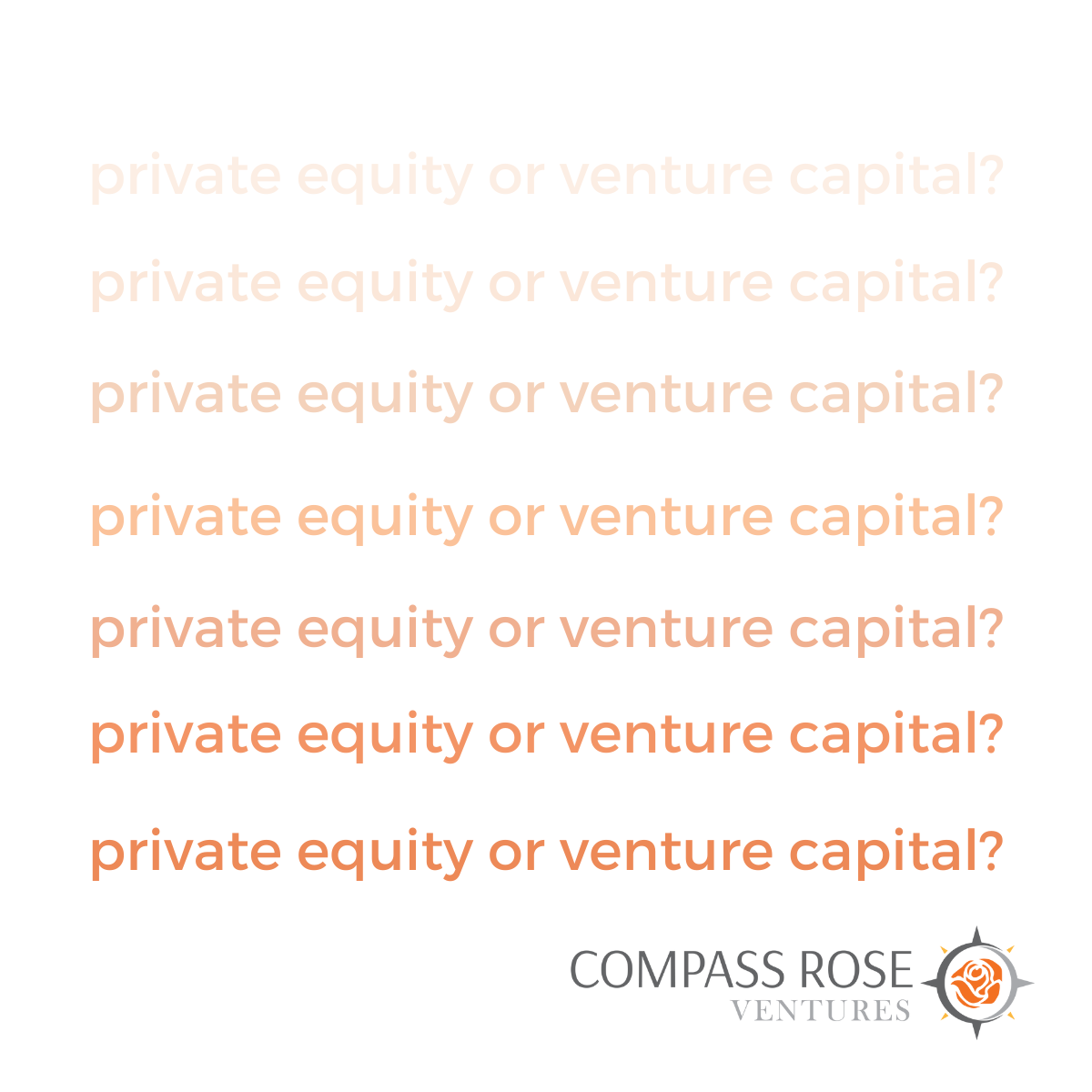Seeking funding to grow your DTC business? What’s the right type of investment for your business?
Fundraising and navigating potential exits can be time-consuming, stressful, and confusing for founders.
98% of companies and a quarter of the US economy are controlled by private markets. (PitchBook Data)
There can be significant differences between private equity and venture capital when raising and exiting startups. In addition, there are far more opportunities for fundraising and exits than in the past.
Additionally, different capital sources are playing a larger role, and the various players are shifting how long and at what stage they desire involvement.
4 Investment Strategies Demystified
1. Private Equity
Private equity (PE) investors generally focus on companies in later stages of growth. These companies usually have established revenue streams and proven market demand. PE firms prioritize predictability and lower risk, favoring solid returns over high risk. Instead of participating in seed funding, PE often serves as a founder’s endgame or a key exit strategy. Think of PE as the “final chapter” in a startup’s journey—a way to cash out once the business has reached maturity.
2. Venture Capital
Venture capital (VC) firms invest at earlier stages and accept greater risk, often with smaller stakes than PE. VC firms spread their investments across many companies, like diversifying your stock portfolio to balance risk. While VC typically participates in earlier stages, the market is shifting. As competition increases, more VCs are also moving upstream to participate in early-stage funding rounds. They seek fast-growing startups with disruptive potential, aiming for high returns over a shorter period.
3. Angel Investors and Incubators
If you’re in the very early stages, consider angel investors or incubators. Angels are often individuals with deep industry knowledge and a personal interest in helping new entrepreneurs. Unlike PE or VC, angels often base their investments on potential rather than proven financial performance. Incubators can offer additional resources like office space, mentorship, and guidance to help fledgling startups refine their models. Both types of investors are essentially “betting on you” – your vision, grit, and potential.
4. Family Offices
Family offices represent a unique investor type, often prioritizing patient capital and long-term growth. While they might seek cash flow in the short term, they are usually more flexible with timelines. Family offices increasingly contribute to early-stage funding, giving startups access to wealth that’s patient and long-viewed. This strategy is particularly useful for founders looking for stable growth without pressure for a quick exit.
Here’s a quick comparison of different investment options, along with real-world examples, advantages, and challenges to help you make an informed decision:
| Investment Type | Example | Advantages | Challenges |
|---|---|---|---|
| Venture Capital | Brand: Airbnb Investor: Sequoia Capital |
Provides large funding amounts; Access to experienced mentors and networks. | High equity dilution; Pressure for rapid growth and profitability. |
| Private Equity | Brand: Peloton Investor: TCV |
Strategic growth initiatives; Professional management expertise. | Loss of some control; Focus on financial returns over brand values. |
| Crowdfunding | Brand: Oculus VR Platform: Kickstarter |
Engages loyal customers; Raises funds without equity dilution. | Requires significant marketing effort; Success isn’t guaranteed. |
| Revenue-Based Financing | Brand: Calm Investor: Clearbanc |
No equity loss; Repayment tied to revenue, reducing financial strain. | Higher costs compared to traditional loans; Limited funding amounts. |
| Bank Loans | Brand: Starbucks Funding: Traditional Bank Loan |
Low interest rates for established brands; No equity dilution. | Strict repayment schedules; Requires strong credit history. |
For the most efficient and effective fundraising process, be sure to define the –
- Your short and long term goals
- Evaluate where your business is on the growth path to select the right investment partner for your unique needs
Different partners will provide different benefits at each stage of maturity. One size does not fit all.
Interested in chatting more about preparation for raising your funds? DM us!






